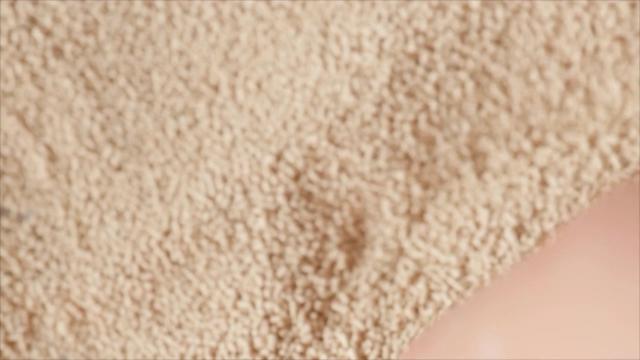Should You Be Refrigerating Bread Yeast?

About once a year, I get an ambitious itch to buy an entire jar of baker's yeast. It's usually spurred by having saved one too many recipes for fluffy rolls. Who can say no to fluffy rolls?
With a long list of recipes I tell myself I will absolutely make, I scurry to the store to procure a glass jar—why I never pick the packets is beyond me. Maybe it's because the jar feels solid in my hands. Maybe it's because my parents trained me to look for "the best deal" (which is usually the jar). And, maybe still, it's the resolve I have that this time, I will actually bake every recipe I've saved.
Alas, it is never the case, and I find myself, after having tried a couple breads, with a jar more full than not. In a panic about wasting the rest, I'll plunge into a flurry of searching "how to store yeast" on the internet. If you too are scrambling to save bakers yeast for a project down the road, this is what you should do.
How to Store Yeast
According to Martin Philip, Baking Ambassador at King Arthur Baking, the best place to store bread yeast is in an airtight container, especially if you're stocking up on one-pound packages.
"I keep mine in a plastic container with a lid in the freezer," Philip shares. As for how quickly you should use the baker's yeast once opened, he says it varies by manufacturer. "Follow the label instructions, and you'll be fine."
If you're using dry yeast, be on the lookout for signs of improper storage, which can include clumpy-looking granules or yeast that doesn't flow when you pour it out. To test whether or not your yeast is still good, you can put some in warm water and wait for it to bloom.
Can Yeast Mold?
Yes, it can. Proper storage is paramount if you want to save yourself a last-minute dash to the grocery store.
"Storing yeast in an airtight container, away from moisture, is best," Philp says. "If it gets wet it may mold or spoil. Keep it dry and mold won't be an issue."
Should You Refrigerate Bread Yeast?
"The best environment for yeast storage is a cool, dry place," Philip advises. "Too much heat or moisture (or ambient air which is humid) could decrease shelf life and viability."
If you're not going to go on a bread-baking spree anytime soon after you make that first loaf, the fridge is a safe spot to store your bread yeast, since it's a sure bet to be cold and dry. Otherwise, you'll need to be extra mindful of your pantry if you live in a place that can be hot and humid.
Freeze Baker's Yeast to Extend Shelf Life
Popping yeast into the freezer can help it last longer. However, Philip maintains that while this is okay for dry yeast, you absolutely should not do it with cake yeast.
"Don't freeze fresh yeast," he says. "The water within the cell walls will expand, causing the cells to rupture, losing viability."
As for bread dough, you may want to refrain from putting it in the freezer with plain old yeast.
"Freezing inactivated yeast is fine as it doesn't contain cells which will support fermentation," Philip explains. "Freezing bread dough does cause some yeast die-off (some of the cells don't survive but many do)."